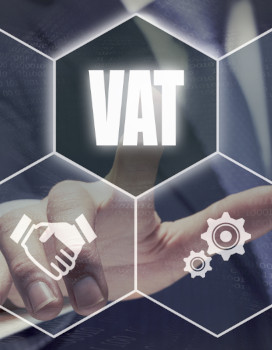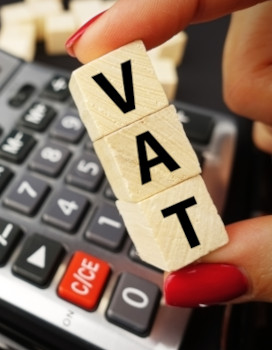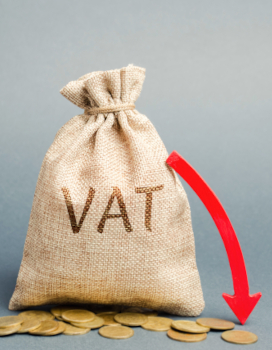We have already informed you several times about the rules of taxation of cross-border mail order. According to the assumptions of the EU e-commerce tax package, the rules of VAT taxation in the field of e-commerce will be changed from 1 July 2021. The member states of the European Union are working on the implementation of these changes so that they can become part of the national legal order.
Category: Value added tax
The European Commission is conducting consultations on so-called VAT groups. According to the VAT Directive 2006/112/EC, Member States may consider several companies established in the same Member State, which are legally independent from each other but have close financial, economic and organisational links, as a single taxable person. Although VAT groups already exist in some countries, Poland is only now at the stage of introducing regulations in this area.
The rules on foreign currency invoices and their conversion for VAT purposes often cause problems for entrepreneurs. When issuing an invoice in a foreign currency, the seller is obliged to provide information on the amount of VAT converted into Polish zlotys. If the amount of VAT in Polish zlotys is missing, the invoice is considered defective and, according to the tax authorities’ position in tax interpretation, the right to deduct VAT may be questioned.
Since the New Year, some of the changes from the so-called SLIM VAT package (simple, local and modern) prepared by the Ministry of Finance, which we analysed in one of the previous entries, have come into force. The new regulations were intended to introduce tax simplifications for entrepreneurs, but they already raise some doubts among taxpayers. Below we have described the most important changes, which entered into force on 1 January 2021.
According to the sentence of the Supreme Administrative Court (NSA) of 4 August 2020 (signature I FSK 1848/17), regular supplies from the warehouse are continuous if the agreement concluded by the parties shows that they will be repetitive on predetermined dates. The tax liability will arises at the end of the settlement period to which the payments relates and the VAT return itself can be made in joint manner.
15 October 2020 the Court of Justice of the European Union (CJEU) has passed an important sentence (ref. C-335/19), concerning the possibility of applying relief for bad debts and the incompatibility of Polish VAT regulations with EU law in this area.
The sentence of the Polish Supreme Administrative Court (NSA) of 14 January 2020 introduced significant changes in the interpretation of tax regulations concerning the carry forward the tax surplus to the following accounting period. The Polish Supreme Administrative Court (NSA) ruled that the 5-year limitation period applies also to the surplus of input tax, with the consequence that it cannot be carried forward endlessly.
It often happens that goods of a Polish or foreign entrepreneur are delivered to a warehouse located in Poland, and from there the further sales (including foreign sales) are planned. Sales to private individuals from Poland abroad (B2C) are so-called distant sale to a person who is not a VAT payer. In this situation some entrepreneurs wonder when VAT shall be paid in Poland and under what circumstances in the destination country. This question is important because possible omissions in this respect may lead to liability for non-payment of the tax due. Entrepreneurs should also think about the documents used to confirm payment of VAT due abroad in order to avoid additional taxation in Poland.
The distance sales of goods concern the supply of goods to a private individual (B2C), where the goods are dispatched or transported from one Member State to another. An example of such situation is the sale of goods from a warehouse located in Poland to a private individual in Germany. The distance sale from Poland is currently taxable in the Member State of dispatch of the goods, unless this sale exceeds the distance sales limit to the country of destination or a declaration to the tax office for voluntary taxation in that country was submitted. These rules will change in 2021.
The Ministry of Finance announced the introduction of the first VAT simplification package – SLIM VAT (simple, local and modern). The planned changes concern four areas: invoicing, export, exchange rates, financial benefits. Entrepreneurs should already be informed about the changes and their consequences for their business.










